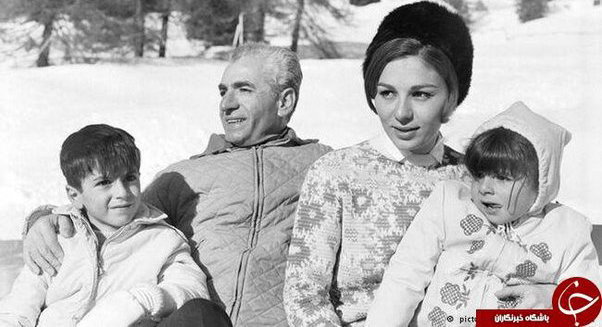How do Iranians today view Mohammad Reza Pahlavi’s Legacy? The views on Mohammad Reza Pahlavi, the last Shah of Iran, vary widely among Iranians today, reflecting a spectrum of opinions influenced by personal experiences, generational perspectives, and political affiliations.
Positive Views
Modernization and Development: Some Iranians, particularly older generations who lived during his reign, remember the Shah for his efforts to modernize and develop Iran. They credit him with infrastructure projects, education reforms, and attempts to modernize the economy.
Social Reforms: The Shah’s era saw significant social changes, including women’s rights advancements, such as granting women the right to vote and increasing their participation in education and the workforce.
National Pride: Supporters often recall the Shah’s emphasis on Iranian nationalism and pride, which was reflected in events like the 2,500-year celebration of the Persian Empire.
Negative Views
Authoritarian Rule: Critics highlight the Shah’s authoritarian governance, characterized by political repression, censorship, and the suppression of dissent. The SAVAK, his secret police, is often cited for its brutal tactics against political opponents.
Economic Disparities: While the Shah pursued modernization, many argue that his policies led to economic inequalities, with wealth concentrated among the elite, leaving large segments of the population impoverished.
Westernization and Cultural Disconnect: Some Iranians criticize the Shah for his Westernization policies, which they felt were at odds with traditional Iranian and Islamic values. This is seen as a factor that alienated many Iranians and contributed to the revolution.
Mixed and Nuanced Views
Generational Divide: Younger Iranians, who did not live through the Shah’s era, often have more nuanced views, shaped by both the historical narrative they have learned and the current socio-political climate. They might recognize both the achievements and the failures of his reign.
Comparative Perspective: Some compare the Shah’s regime with the current Islamic Republic, weighing the relative freedoms, economic conditions, and political climates. This comparison can lead to a re-evaluation of the Shah’s legacy, sometimes viewing it more favorably in hindsight.
In the Diaspora
Iranians living abroad often have different perspectives, influenced by their experiences and the reasons for their emigration. Many in the diaspora community are more likely to view the Shah nostalgically, especially those who left Iran due to the revolution or its aftermath.
Overall, Mohammad Reza Pahlavi’s legacy in Iran is complex and contested, with opinions shaped by a range of factors including personal experiences, historical narratives, and current political dynamics.


